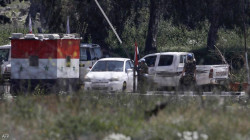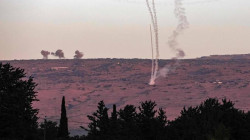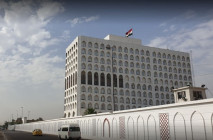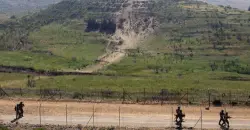Israeli, Syrian officials engage in face-to-face talks

Shafaq News/ Israel and Syria engaged in direct talks in recent weeks to de-escalate tensions along their shared border, sources told Reuters on Tuesday.
The talks follow months of indirect negotiations and growing US pressure for stability following the fall of Syrian President Bashar Al-Assad, according to two Syrian and two Western sources, as well as a regional intelligence official.
Several rounds of in-person talks have been held in the border region, including Israeli-controlled areas, with Israeli security officials.
On the Syrian side, the discussions are being led by Ahmad Al-Dalati, a senior security figure who became governor of Quneitra province—bordering the Israeli-occupied Golan Heights—after Al-Assad’s ouster. Al-Dalati was recently also assigned to oversee security in Sweida province, home to Syria’s Druze minority.
While the face-to-face negotiations have so far focused on border security and limiting Israeli incursions into Syrian villages, two sources said the dialogue may lay the groundwork for future political understandings.
Earlier this month, Syrian transitional President Ahmad Al-Sharaa acknowledged the existence of indirect communications with Israel, aimed at reducing tensions.
US President Donald Trump suggested after his recent meeting with Al-Sharaa in Riyadh that Syria may eventually be open to normalizing ties with Israel, though he acknowledged that the process would take time. Al-Sharaa has not directly responded but voiced support for returning to the terms of the 1974 disengagement agreement that established a UN buffer zone in the Golan Heights.
In a further gesture, Syrian authorities had agreed to return the personal belongings of Eli Cohen, the long-dead Israeli spy who infiltrated the Syrian government in the 1960s.
Israel has occupied the Golan Heights since the 1967 Arab-Israeli War and expanded its control further after Al-Assad’s removal in December 2023, citing concerns over the backgrounds of the new Islamist rulers in Damascus. It carried out an aerial bombing campaign that severely damaged the country’s military infrastructure, all while pressuring Washington to ensure it remained weak and decentralized. However, both the airstrikes and the political pressure have eased in recent weeks.





